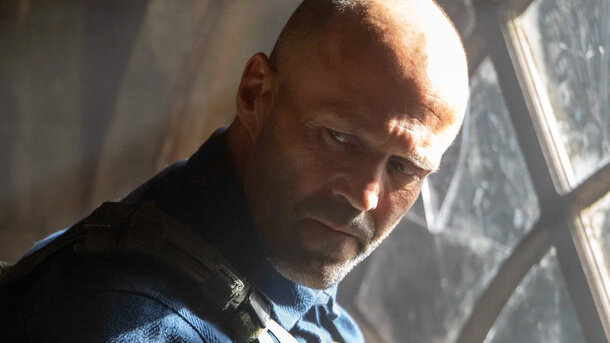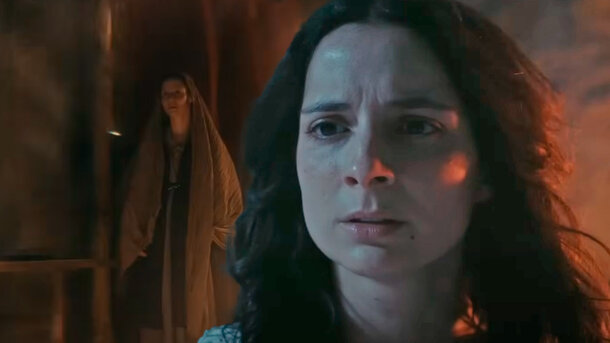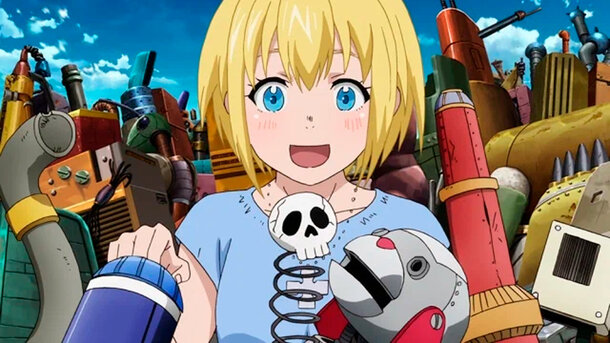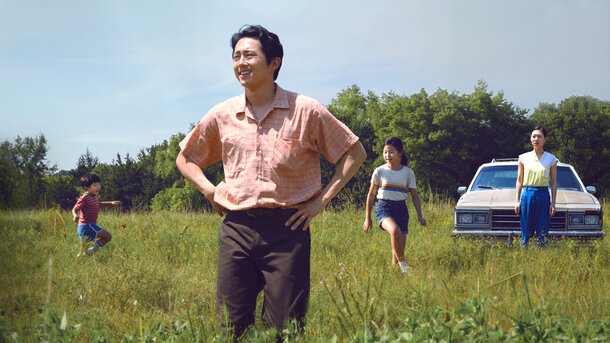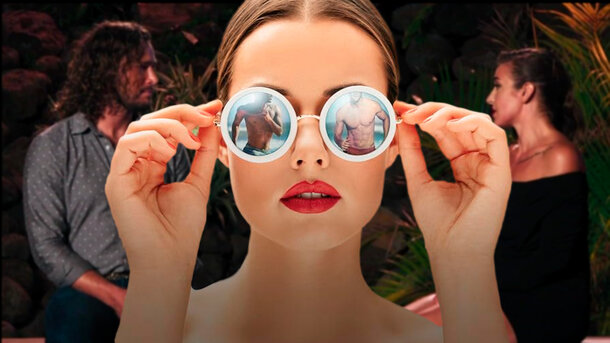In today’s world, globalization has made everything seem within reach. One day, you can marvel at Rome’s fountains, explore the Colosseum, and admire Michelangelo’s David. The next, you might find yourself atop the Eiffel Tower, taking in the breathtaking view from its highest point.
But what if, in some corners of the world, people still struggle for the most basic necessities? What if they are confined to tiny spaces, dreaming not of distant landmarks but of things many of us take for granted.
This harsh reality is the focus of a powerful documentary How to Cross (from Jiliz to Jiliz) by Armenian journalists Sona and Marine Kocharyan, which highlights the contrast between the illusion of a borderless world and the limitations faced by some.

The documentary won the Young ADAMI Media Award and the Special Jury Prize at Hot Docs. Its unique approach addresses serious interethnic issues through children's perspectives, evoking both laughter and sorrow.
The film focuses on the unresolved Armenia-Georgia border near Jiliza, where residents must travel 100 kilometers to reach a village just 1–2 kilometers away due to the lack of a border checkpoint.
Lusine, the 10-year-old protagonist from Jiliza, tells the story through her innocent voice and childlike thoughts—sometimes funny, yet deeply revealing of how real-world issues seep into children's hearts just as much as adults’.
"My father used to tell us stories from when the border was open. They would go over, have drinking parties with the Georgians."
She points to a distant hill. "See that? Behind it is the Georgian village of Opret. We could take the shorter way if we wanted to go to Agkherpi in Georgia."
She pauses, puzzled. "I wonder why we have to go this way, then that way, then through Turkey just to get to Georgia."
Lusine introduces her world — her mother and father, her school, her classmates, and their small village market, which is nothing more than a broken-down bus.
"This is our market, but it’s gone out of business."

Sitting on a cracked tractor, she taps an old, rusted lamp. "This is our rusty Chinese limp-a-trot."
Lusine has seven siblings, but her younger brother Miqo is her favorite. Soon, she’ll travel with the adults to visit their relatives in Agkherpi, a Georgian village across the border. Instead of crossing directly, they must take a long detour to reach their family — her great-grandmother, cousins, aunts, and uncles — whom they rarely see.
Before she leaves, Miqo tugs at her sleeve. "You’re going to Georgia. On your way back, will you bring me some yummy ice cream?"
Lusine sighs. "If I bring you ice cream and have to take the long way back, it will melt."
Miqo sighs. "If we could go there, they would see the fields — so beautiful — so many new people, the school."
Lusine interrupts. "But we have a school here too."
Miqo shuts her up with a triumphant look. "Do you even know how many floors their school has? Three."

In a small classroom, children gather around a globe, searching for their village. They spin it, trace their fingers over mountains and rivers, but Jiliza is nowhere to be found. The verdict is unanimous:
"They must have removed it."
Meanwhile, at home, the adults prepare for a long journey. Bags are packed, food is wrapped, and voices carry through the house. Grandma turns to Ero, the youngest, and asks,
"What should I tell Grandma from you?" Then she sighs. "Poor Granny... She hasn’t seen her grandchildren in over five years. She didn’t have a passport."
As they travel, a song echoes in the background:
We keep searching from town to town, Keep running away — from town to town, Keep running with no fear — from town to town, Maybe we’ll find ourselves in the next town…
The long-awaited reunion is emotional — tears, tight hugs, and faces cupped in hands to hold onto lost years. Grandma searches the children's faces, recalling them from memory.
"She was this little when I last saw her," she says, identifying names and faces — fragments of a past life.
Later, they watch videos of distant relatives.
"This is Vazgen, Mikael, and Grandma Siroon — oh, how she has aged!" "Look at her," someone whispers. "See how old she looks."

Lusine, always with her stuffed rabbit, wanders the yard, deep in thought.
She wonders, "Why didn’t they check its passport?" After a pause, she shrugs, thinking "Maybe they got lazy… We were lucky. If they'd caught her(the rabbit), they might've sent us all back."
The hardest part comes — saying goodbye. Her great-grandmother hugs her tightly, voice trembling.
"Next time you come, I’ll probably be gone…"
Lusine says,
"Our village has been left all alone. It has no lord, no master. Alaverdi is the closest town, but we can’t walk there to play… Opret is nearby. We used to play with the Akhperdi kids…" Children play, their voices mixing with the fading evening light.

Final shot: Lusine and Miqo playing. One falls, another pretends to shoot — "Dsh-dsh!" — but the child gets up, and they keep running.
"What a stupid game," Miqo collapses onto the ground, exhausted."I’m tired of this border thing."
Filmed eight years ago, this documentary remains relevant today. The border is still undefined, the checkpoint absent, and the villagers of Jiliza continue taking the same exhausting detour to visit relatives just a few kilometers away.


